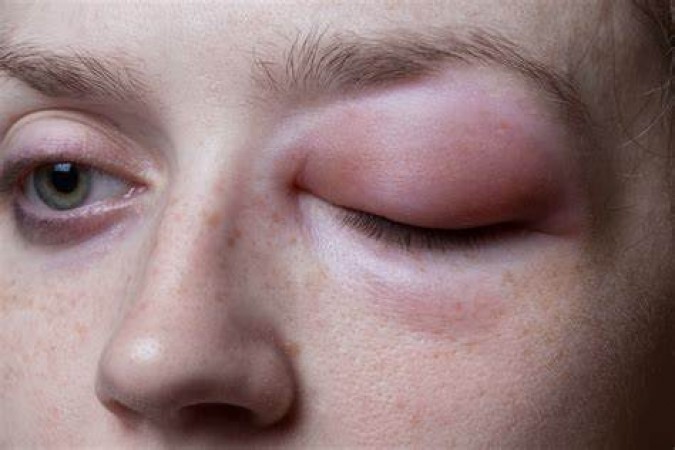
Our eyes are not just windows to the soul; they are also mirrors reflecting our overall health. When it comes to eye health, it's crucial to pay attention to any unusual signs or symptoms, including swelling. Swelling in the eyes can often be dismissed as a minor issue, but it can sometimes be a red flag for a more significant underlying problem. In this article, we will explore the various causes of eye swelling and why it's essential to take it seriously.
Eye swelling, also known as periorbital edema, can occur for a variety of reasons. Here are some common causes:
Allergies to pollen, dust, pet dander, or certain foods can lead to eye swelling. Itchy and watery eyes are often accompanying symptoms.
Eye infections, such as pink eye (conjunctivitis), can cause redness, itching, and swelling. Bacterial or viral infections can be responsible.
Sinusitis, which causes inflammation in the sinuses, can lead to facial swelling, including the area around the eyes.
Physical trauma or injury to the eye or the surrounding area can result in immediate swelling. This requires prompt medical attention.
Fluid retention, often due to dietary habits or medical conditions, can cause puffiness around the eyes.
Thyroid conditions, such as Grave's disease, can lead to eye swelling, often referred to as "thyroid eye disease."
Certain systemic diseases, like kidney or liver problems, can manifest with eye swelling as a symptom.
While occasional eye swelling due to fatigue or minor allergies is common and usually harmless, there are instances where it should raise concern:
If you notice that your eyes swell repeatedly, it's crucial not to ignore it. Chronic or recurrent swelling may be indicative of an underlying medical issue.
Eye swelling accompanied by severe pain, vision changes, or discharge warrants immediate medical attention. It could signify a more severe condition.
Unilateral (one-sided) eye swelling should be assessed by a healthcare professional, as it can be linked to specific conditions.
To maintain good eye health and prevent unnecessary swelling, consider these tips:
If you have known allergies, take steps to avoid allergens that trigger eye swelling. This may include using air purifiers and avoiding pets or foods that cause reactions.
Frequent handwashing and avoiding touching your eyes can reduce the risk of infections.
Adequate hydration can help prevent fluid retention and reduce puffiness around the eyes.
In cases of mild swelling, applying a warm compress can help reduce discomfort.
If you experience recurring or severe eye swelling, don't hesitate to consult a healthcare professional. They can identify the underlying cause and recommend appropriate treatment. Swelling in the eyes should not be taken lightly. While it can often be attributed to benign causes like allergies, it can also be a sign of more serious underlying health issues. Pay attention to any recurring or severe swelling, and don't hesitate to seek medical advice when needed. Your eyes are precious, and taking care of them is essential for your overall well-being.
Fever, cough and cold occur anyway… then when is the time when one should get tested for dengue?
Ranveer Singh's Diet Secrets Revealed: How He Became Ram for 'Ram-Leela'